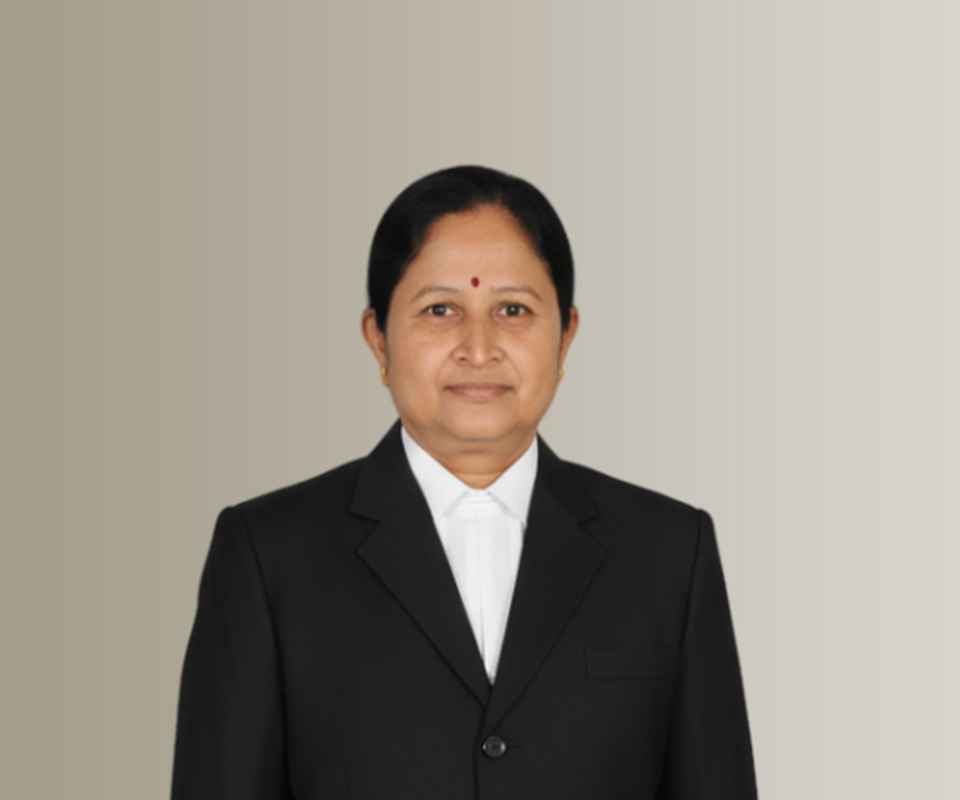Answer By law4u team
In many countries, civil partners are granted similar legal rights to married couples when it comes to financial support or spousal maintenance, particularly in the event of a separation or dissolution of the civil partnership. While the specifics can vary depending on the jurisdiction, most legal systems that recognize civil partnerships extend similar rights to partners in terms of financial support.
Spousal Maintenance in Civil Partnerships:
Right to Spousal Maintenance:
In some jurisdictions, civil partners can claim spousal maintenance (also known as alimony in some regions) after separation or dissolution, just like married couples. The purpose of spousal maintenance is to provide financial support to the partner who may be financially disadvantaged after the dissolution of the relationship.
The key factors in determining whether spousal maintenance is granted usually include the length of the partnership, the financial needs and abilities of each partner, and whether one partner is unable to support themselves due to illness, lack of employment, or other valid reasons.
Legal Framework:
The legal rights to spousal maintenance for civil partners depend on the country or region in which they reside. In some jurisdictions, civil partnerships are treated similarly to marriages in terms of financial support during and after the relationship. In others, the rules for civil partnerships may be less comprehensive, or maintenance rights may not be as clearly defined as they are for married couples.
For instance, in countries like the UK, civil partners have the same rights as married couples in terms of spousal maintenance under the Civil Partnership Act 2004, which allows for maintenance to be awarded in cases of financial need, similar to marriage.
In countries that do not recognize civil partnerships with the same legal status as marriage, the right to spousal maintenance may be more limited or absent.
Factors Considered by Courts:
Courts generally consider factors such as the length of the civil partnership, the financial situation of each partner, and the standard of living during the partnership. The court may also look at the contributions each partner made to the household or partnership, both financially and non-financially, such as caring for children or supporting the other partner's career.
In cases where one partner is significantly less financially independent than the other, maintenance may be granted to ensure they are not left in financial hardship.
Example:
A couple in a civil partnership separates after 10 years together. One partner has been the primary breadwinner, while the other has been a stay-at-home partner for most of the relationship. The financially dependent partner may be entitled to spousal maintenance after the dissolution of the partnership, to support their transition to financial independence. The court will consider the length of the partnership, both partners' earning capacities, and the financial needs of the dependent partner when determining the amount and duration of maintenance.
Limitations and Variations:
While many legal systems treat civil partnerships similarly to marriages for spousal maintenance purposes, there can be differences in how these laws apply. For instance, some jurisdictions might only award maintenance for a set period following the dissolution, while others may allow for longer-term support.
Additionally, if both partners are financially independent, the court may determine that spousal maintenance is not necessary. Courts are typically interested in ensuring that the partner in need of support is given the assistance they require without being overly generous if the other partner is financially capable of supporting themselves.
Summary:
Yes, civil partners can demand spousal maintenance, similar to married couples, in many jurisdictions. The right to financial support after the dissolution of a civil partnership is typically determined by factors such as the length of the partnership, the financial disparity between partners, and each partner's ability to support themselves. Legal provisions governing spousal maintenance vary depending on the country, but in regions where civil partnerships are recognized, partners are generally entitled to claim maintenance if they meet the legal criteria. Civil partnership laws, such as those in the UK, often mirror marriage laws in terms of financial support, but each case will depend on the individual circumstances.







